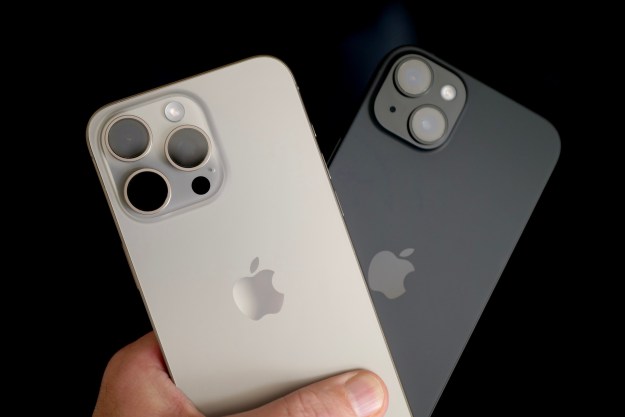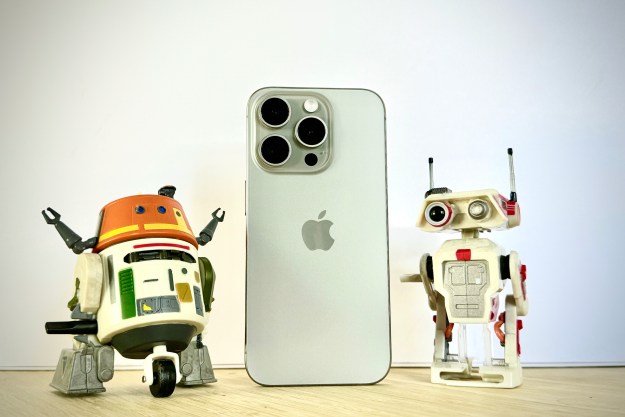New survey results from market research firm Nielsen show that while Android remains the top smartphone platform amongst U.S. mobile users, Android gained no ground on rivals like Apple’s iOS or RIM’s BlackBerry during April 2011, holding even at a 36 percent share of the smartphone market. The figures mark the third straight month Android has essentially flatlined in its share of the U.S. smartphone market: after jumping from a 15 percent share in June 2010 to 36 percent in February 2011, the operating system has held steady throughout March and April.

However, Android isn’t along in finding its market share growth stalled: according to Nielsen, neither Apple or RIM is making any progress growing their share of the smartphone market either: Apple is holding steady at a 26 percent share, while RIM is hovering right around 22 percent. However, all companies can expect to see sales growth: even if their share of the smartphone market isn’t changing lately, the smartphone market itself continues to grow in the United States, with Nielsen estimating some 37 percent of U.S. mobile users now carry smartphones.
Nielsen’s data, based on an analysis of some 65,000 cell phone bills, shows other distinctions between iOS and Android users: while Apple users tend to download (and pay for) more mobile applications than Android users, Android users consume an average of 582MB of data a month, compared to an average of 492 MB for iOS users.
Proportions of heavy data use activities are largely the same across both platforms: app downloads are the single biggest consumer of data service (74 percent and 79 percent for Android and iOS, respectively) with streaming music or mobile radio coming in a distant second with 43 and 46 percent, respectively).
Industry watchers speculate that Android’s market share growth may have reached a plateau, and that only a major shakeup in the mobile marketplace will produce significant shifts. Apple is gearing up for iOS 5.0 and (by some reports) a refreshed version of the iPhone 4; Google is amping up Android for an improved tablet experience. Other possible shifts could come from failures—RIM is increasingly under fire to recapture smartphone market share, and Nokia says it’s increasingly confident it will launch its first Windows Phones by the end of the year.
Editors' Recommendations
- How to view Instagram without an account
- AirTags range: here’s how far the tracker can reach
- An Apple insider just revealed how iOS 18’s AI features will work
- 5 phones you should buy instead of the iPhone 15
- The most common Skype problems and how to fix them


